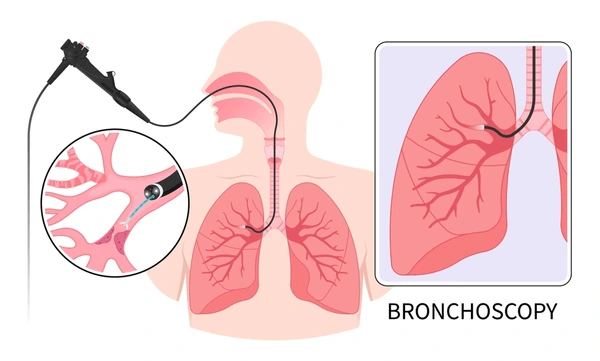Sarcoidosis Spotlight Understanding Symptoms Diagnosis and Treatment.
Sarcoidosis, a complex inflammatory condition, often takes center stage as a medical enigma due to its diverse manifestations and challenging diagnostic journey. This article aims to cast a spotlight on sarcoidosis, shedding light on its symptoms, the diagnostic process, and evolving treatment strategies.
- Symptoms of Sarcoidosis: Sarcoidosis can manifest in various ways, making it a diagnostic puzzle for healthcare providers. Common symptoms include persistent cough, shortness of breath, fatigue, and skin rashes. Some individuals may experience joint pain, enlarged lymph nodes, or involvement of organs such as the heart and eyes. The variability of symptoms underscores the importance of comprehensive evaluation.
- Diagnostic Challenges: Diagnosing sarcoidosis is often a complex process that involves a combination of clinical assessments, imaging studies, and laboratory tests. Definitive diagnosis often requires a biopsy to examine tissue samples for the characteristic granulomas. However, the challenge lies in differentiating sarcoidosis from other conditions that may present with similar symptoms, necessitating a thorough and individualized approach.
- Multifactorial Causes and Triggers: The exact cause of sarcoidosis remains elusive, with a complex interplay of genetic predisposition and environmental factors. Research suggests that exposure to certain chemicals, infectious agents, or an abnormal immune response may contribute to its onset. Unraveling these intricate connections is crucial for developing targeted treatment approaches.
- Treatment Strategies: Sarcoidosis treatment is often tailored to the severity of symptoms and the organs affected. While some cases may resolve spontaneously, others may require interventions to manage inflammation. Immunomodulatory medications, such as corticosteroids, are commonly prescribed. A multidisciplinary approach involving specialists from various fields ensures a comprehensive and personalized treatment plan.
- Living with Sarcoidosis: Coping with sarcoidosis goes beyond medical interventions; it involves managing the impact on daily life and overall well-being. Patients often find support in lifestyle adjustments, including maintaining a healthy diet, managing stress, and staying physically active. Support groups and patient communities offer valuable resources for sharing experiences and navigating the emotional aspects of living with a chronic condition.
Conclusion
Sarcoidosis, with its intricate web of symptoms and diagnostic challenges, demands a spotlight in the realm of medical understanding. As research continues to unravel the complexities of this condition, healthcare providers strive to improve diagnostic accuracy and refine treatment strategies. Liv








